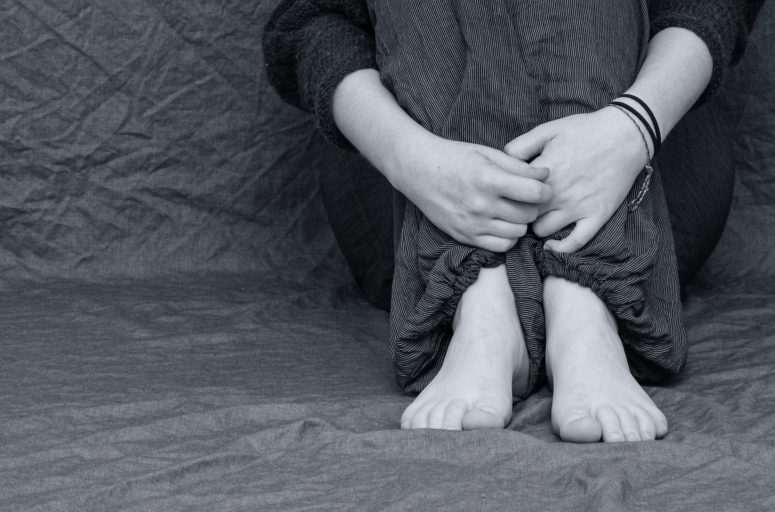There are many biblical accounts of people who acted in accordance with God’s commands even though circumstances would suggest that there were probably many who doubted their decisions. Some of the most well-known examples of this are when Noah built an ark even though it had never rained on the Earth (Gen. 6:9-22), when Joshua’s tactical battle plans commenced with walking around a walled city for 7 days (Joshua 6), and when Joseph remained committed to Mary even though she was pregnant with a child that was not biologically his (Mt. 1:18-25). However, one of my favorite examples of acting in faith in the face of doubt is found in I King 17:8-16. Previously in that chapter, the prophet Elijah had prophesized that there would be a drought, and that calamity had indeed occurred. The land, and its inhabitants, were hungry due to the lack of rain.
It is under these conditions that Elijah is called to travel to a new place and as he does, he encounters a widow who is preparing the last of her flour so her and her son can have a final meal. Because of the drought as well as the destitution that widows endured in that culture, she had little expectation that once this flour was used more would become available to her. She had resigned herself to the fact that she and her son would likely die; that this would be the last meal that they would ever have, together or individually. As she is preparing to make their food, Elijah comes across her path, and asks her first for some water and then for a morsel of bread. Because of the drought, Elijah had to know that water was a scarce commodity, and he does not appear to be surprised when she tells them that her food supply is woefully depleted as well. Yet, with the authority of God, he still makes this request of her, telling her that if she does what he asks, her and her son’s sustenance will be provided.
As a mom, it is hard for me to imagine the internal turmoil this woman must have faced. She has the choice of either providing for a well-regarded, but fully grown man, or of giving her young son what he needs. If Elijah’s words proved empty, she could anticipate watching her boy die a slow and gruesome death. A mother’s duty is to care for her child, and if she fulfilled Elijah’s request, she would seemingly be acting in direct opposition to her responsibilities as a mom. And yet, she recognized that while her motherly obligations were significant, her call to obey God was greater still. Even though it may have gone against every bit of her parental instinct, she took all she had to feed Elijah. She did this knowing that this act of sacrifice may have been at the expense of her child’s well-being, but that as much as her desire was to provide for her son, the love and care of her Heavenly Father were greater than her own. Even though she might not have been able to see a way to provide for her kid, she knew that God was able to do so. She acted in faith, giving what she had, trusting in God’s ability and faithfulness to give her all that she and her son would need.
In our lives there may be times that God calls us to step out in faith even though the situation is filled with reasons to doubt. God may call us to a new ministry, or a new city, or to trust in Him in the midst of a terrifying diagnosis or a season of great loss. Regardless of the particulars of the circumstances, when our hearts are tempted to give in to doubt, we can look to the trusting widow as an example of how to proceed in faith. We do not do what God has called us to do because it makes perfect sense to us; we do it because we trust Him more than our own inclinations, feelings, or abilities. Our faith is in Him, and He is greater than our circumstances, the difficulties of our situation, and our fear. When we love Him more than anything else and when doing what He says is our highest priority, we can faithfully do what He calls us to do, because whatever uncertainty our circumstance contains, we can always be certain of Him.
